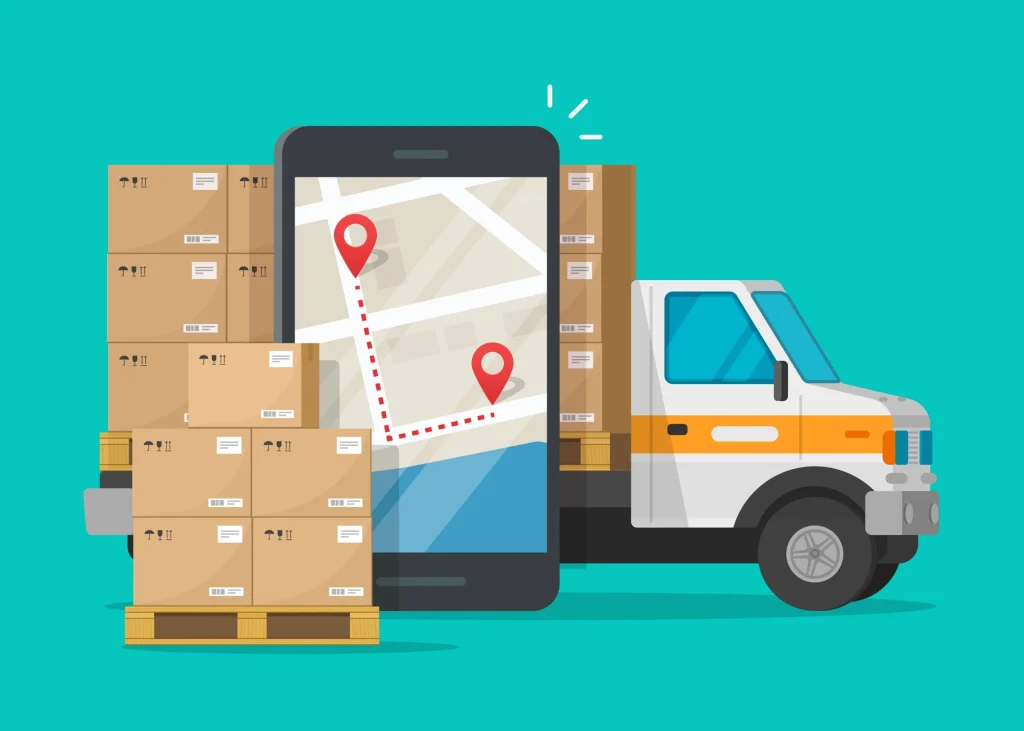Supply chain leadership is one of the few fields where excellence reveals itself in silence, when crises are averted before headlines form, and success is measured not by applause but by the absence of failure. Yet even in this quiet, calculated world, Maame Korkor Prah has been building, rethinking, and commanding systems in ways that turn execution into enterprise.
From the very start, she has defied what it means to operate in a field known for its rigidity. She didn’t just study systems; she challenged them at their weakest points and reimagined what they could become. Her rise in the logistics space was not fueled by visibility or connections, but by performance that built its own credibility. Every initiative she’s launched, every bottleneck she’s untangled, carries her mark: clean execution, sharp thinking, and an instinct for building where others maintain.
But her reputation goes beyond operations. She is known for walking into operational chaos and walking out with a framework; one that not only addresses the issue but reshapes the process entirely. Her strength lies in recognizing the friction that slows growth: the gap between policy and practice, the hidden cost of fragmentation, the missed opportunity behind legacy systems. Her edge? Turning these pressure points into scalable business models.
Her colleagues often say she doesn’t manage supply chains; she reengineers their DNA. In rooms where complexity is the norm, she remains unshaken, clear-eyed, and ahead of the curve. Teams that build under her leadership don’t just meet deliverables, they exceed them with intention, not pressure. She leads with a quiet intensity that sharpens the people around her and raises the standard without ever raising her voice.
What distinguishes her is not just technical depth, but entrepreneurial clarity. When faced with fragile infrastructure, she builds resilient platforms. When asked to deliver within constraints, she redesigns the architecture. Her ventures often challenge the default: that logistics in Africa must operate with limited ambition. Her models say otherwise and they work.
“She’s the kind of leader you want when things get complicated because she never flinches,” says Kofi Owusu, a logistics strategist and longtime collaborator. “Maame has this way of pulling order out of disorder without needing a spotlight. She doesn’t just solve problems; she re-engineers how those problems are allowed to exist in the first place.”
She has led reform-driven supply chain strategies across sectors: health, food systems, logistics innovation often entering high-stakes environments where delay wasn’t just expensive, it was dangerous. And still, her ability to deliver across distances, under pressure, and with consistency remains unmatched.
In an industry often defined by constraints, she builds with conviction. For her, it’s about who’s left waiting when systems fall short. It’s about dignity in distribution. And it’s about changing the tired narrative that says African logistics must settle. As global systems move toward deeper interconnection, she reminds us what real supply chain leadership looks like: not just the kind that keeps things moving but the kind that moves things forward.





















